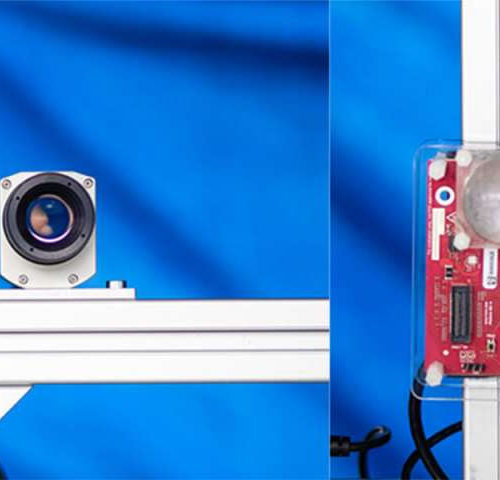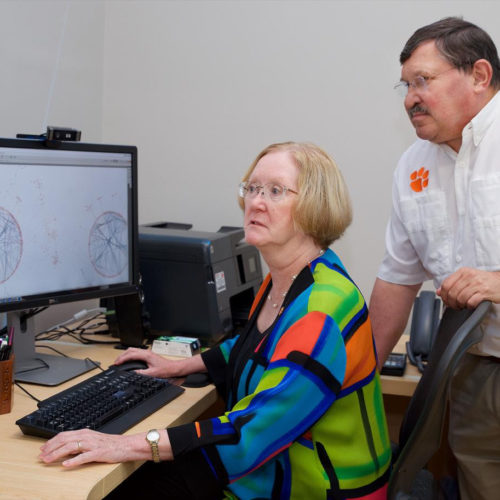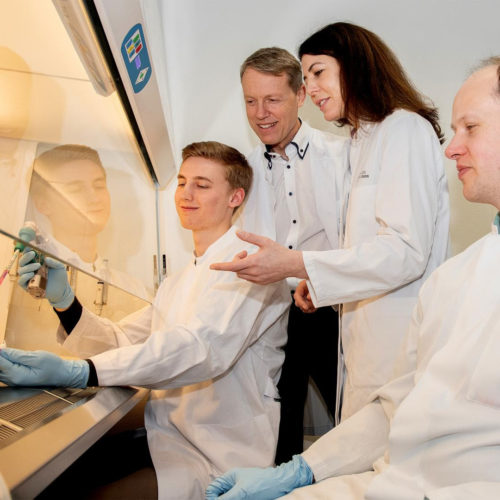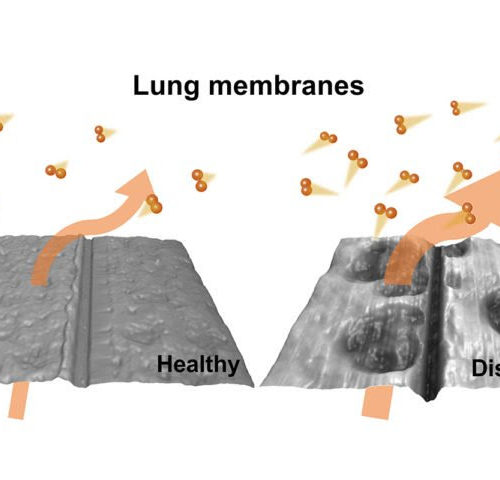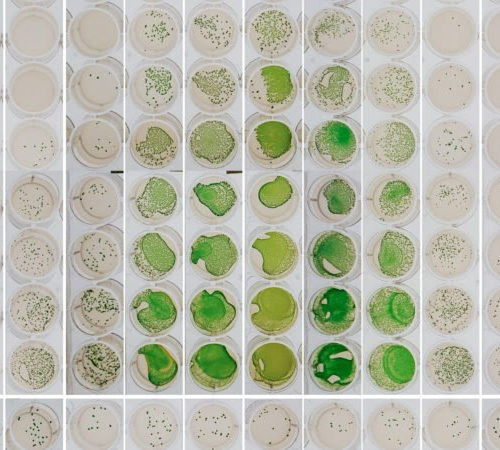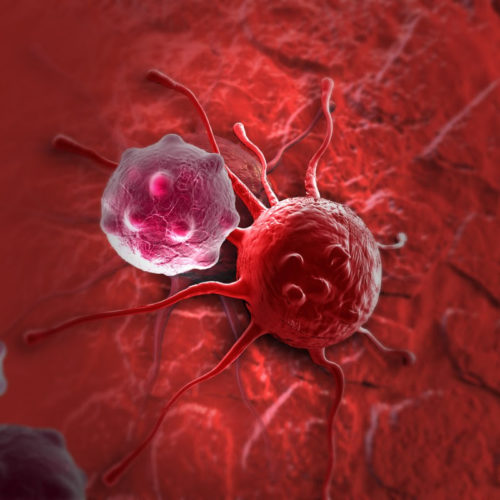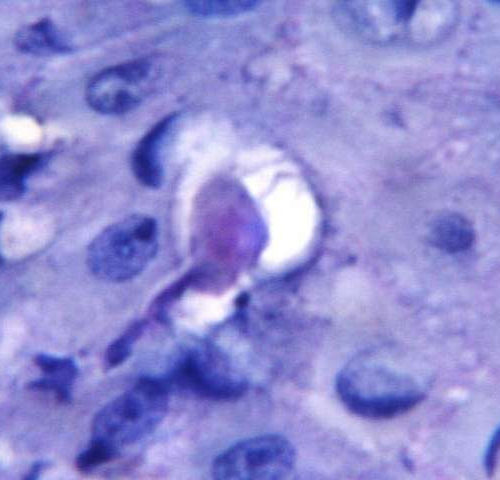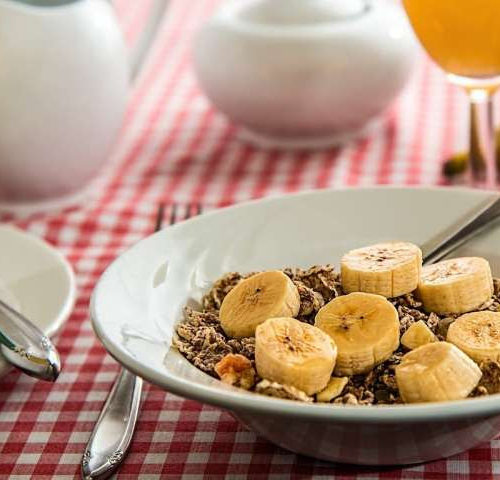by Fraunhofer-Institut für Arbeitswirtschaft und Organisation IAO An innovative measurement method is helping to detect people infected with coronavirus from a safe distance. It detects fever, increased pulse rates and fast breathing without endangering the person conducting the testing. Fraunhofer IPA and Fraunhofer IAO are currently testing the procedure at the Robert Bosch Hospital in...
Clemson geneticists zeroing in on genes affecting life span
CLEMSON UNIVERSITY CLEMSON, South Carolina — Scientists believe about 25 percent of the differences in human life span is determined by genetics — with the rest determined by environmental and lifestyle factors. But they don’t yet know all the genes that contribute to a long life. A study published March 5, 2020, in PLOS Biology...
How cells recognize uninvited guests
Researchers at the University of Bonn decode the function of the long-neglected immune sensor TLR8 UNIVERSITY OF BONN Until now, the immune sensor TLR8 has remained in the shadows of science. A research team led by the University of Bonn has now discovered how this sensor plays an important role in defending human cells against...
New study shows how oxygen transfer is altered in diseased lung tissue
A multidisciplinary team of researchers at the University of Illinois at Urbana-Champaign has developed tiny sensors that measure oxygen transport in bovine lung tissue. The study – which establishes a new framework for observing the elusive connection between lung membranes, oxygen flow and related disease – was published in the journal Nature Communications. “The membranes...
Researchers Uncover Importance of Aligning Biological Clock with Day-Night Cycles
Timing is everything. A fresh example supporting the old saying has been found in connection with the systems regulated by biological clocks. Research on circadian rhythms, our internal 24-hour patterns that affect sleep-wake and metabolic cycles, has shown that timing is key for human health. When our activities and internal circadian clocks are out of...
SPECIAL UV LIGHTS COULD KILL CORONAVIRUS ON SURFACES
Researchers are developing ultraviolet LED lights that can decontaminate surfaces—and potentially air and water—that have come in contact with the SARS-CoV-2 virus. As COVID-19 continues to ravage global populations, the world is singularly focused on finding ways to battle the novel coronavirus. “One major application is in medical situations—the disinfection of personal protective equipment, surfaces,...
Some evidence suggests that vitamin C and D supplementation might prevent or treat respiratory infections, but their effectiveness is still being tested with COVID-19
An article by Joseph Mercola, an osteopath and marketer of dietary supplements, claims that vitamins C and D have become part of the “conventional treatment” for COVID-19 and that high doses of vitamin C kill viruses. The article has been reposted on numerous websites and has been shared nearly two million times on Facebook since...
Cancer treatment inflames cold tumors for heat-seeking immune cells
By Nick Lavars As key players in the body’s immune defense, T cells have the ability to track down and attack cancer cells, but can have trouble seeking out those that are not already inflamed. A new immunotherapy deliver system could make these natural killer cells far more effective by strategically inflaming so-called cold tumors...
Improving the treatment of periodontitis
by Charité – Universitätsmedizin Berlin For the first time, researchers from Charité–Universitätsmedizin Berlin have shown that a unicellular parasite commonly found in the mouth plays a role in both severe tissue inflammation and tissue destruction. Most patients with severe and recurrent periodontitis (gum disease) showed an increased presence of the amoeba Entamoeba gingivalis inside their...
Wondering how to delay memory loss? Study shows targeted lifestyle changes could help
by Kiersten Willis If you’re looking for ways to delay potential memory loss, a study from the U.K.”s King’s College London can provide some insight. If you’re looking for ways to delay potential memory loss, a study from the U.K.”s King’s College London can provide some insight. Research from the public research university suggests that...

